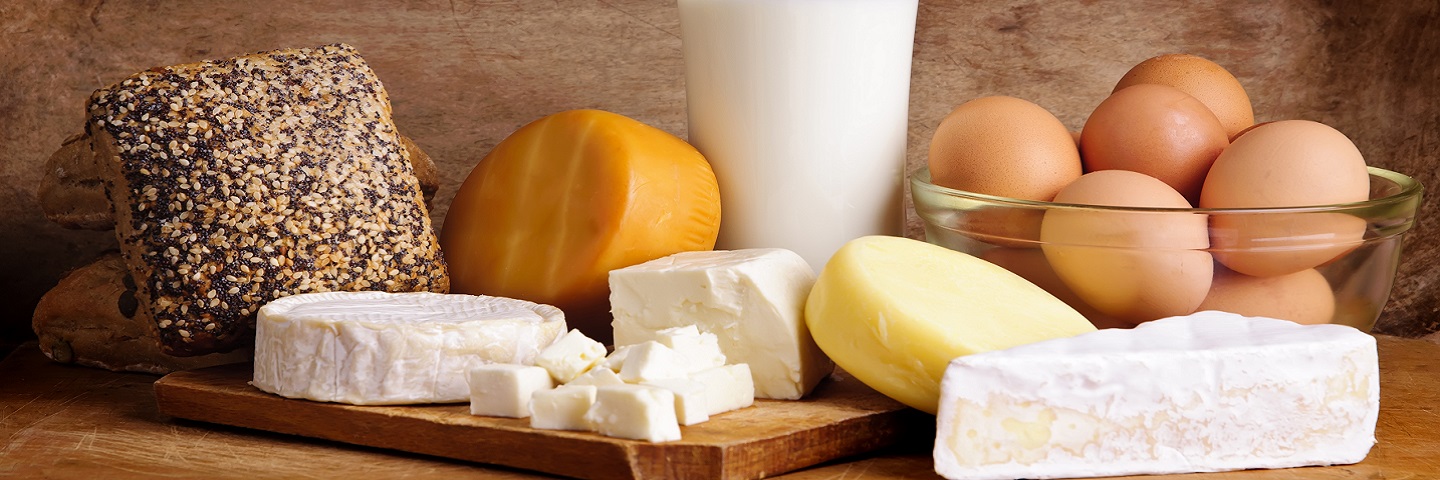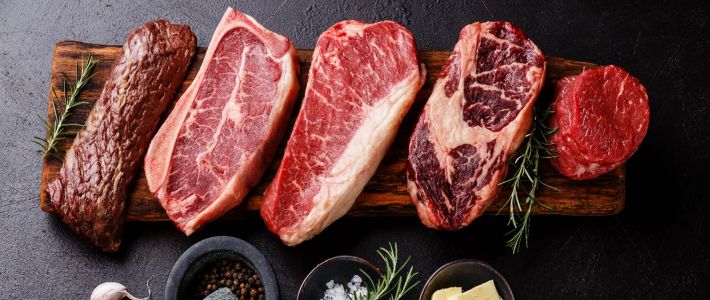
Visit our other sites
-
Fapas - Proficiency Testing
Globally recognised provider of proficiency tests, running over 400 tests annually across an extensive range of matrices and analytes
-
Great Crested Newts Testing
A single sample taken by an ecologist at any time during the newt breeding season can determine their presence or absence, saving you time and money

Method Used
GC-MS/MS
LOD (limit of detection)
Reporting limits range from 0.002-0.01 mg/kg
Accreditation
ISO 17025
Standard Turnaround Time
10 working days
Fera food safety experts can identify (screen), and also quantify, residues within your food sample using state of the art GC-MS/MS equipment. This data can be vital to ensure your products are fit for purpose, provide strong evidence to regulators and consumers that your food products are safe, and demonstrate that any residues present are below regulatory limits, or Maximum Residue Levels (MRLs). The pesticides analysed in the GC-MS multi-residue screen include a wide range of insecticides, fungicides, herbicides and growth regulators.
Our triple quadrupole mass spectrometry based methods are highly efficient, and within this multi-residue screen we test for 68 pesticide compounds within animal products (cheese, milk, meat and hens' eggs). We can also test the following matrices: Salmon, Prawns, Cattle Kidney Fat, Pig Kidney Fat, Beef Fat, Honey and Infant Formula.
| Pesticide (GCMS) - Animal Products |
|---|
| aldrin, bifenthrin, bromophos-ethyl, bromopropylate, chlordane (cis), chlordane (trans), chlorobenzilate, chlorpropham, chlorpyrifos, chlorpyrifos-methyl, cyfluthrin, cyhalothrin-lambda, cypermethrin, DDD-op, DDD-pp, DDE-op, DDE-pp, DDT-op, DDT-pp, deltamethrin, diazinon, dieldrin, endosulfan (I), endosulfan (II), endosulfan-sulphate, endrin, EPN, ethion, ethoprophos, etoxazole, etrimfos, fenitrothion, fenpropathrin, fenvalerate, fluvalinate, furalaxyl, HCH-alpha, HCH-beta, HCH-delta, HCH-gamma, heptachlor, heptachlor epoxide (cis), heptachlor epoxide (trans), hexachlorobenzene, malathion, methacrifos, methidathion, methoxychlor, nitrofen, oxychlordane, parathion-ethyl, parathion-methyl, PCB 101, PCB 118, PCB 138, PCB 153, PCB 180, PCB 28, PCB 52, pendimethalin, permethrin, pirimiphos-ethyl, pirimiphos-methyl, pyridaben, quinalphos, quintozene, tecnazene, tefluthrin, tetrachlorvinphos, tetradifon, trifluralin, vinclozolin |
Pesticides are substances that are meant to control pests or weeds. The term pesticide includes all of the following: herbicide, insecticide, insect growth regulator, nematicide, termiticide, molluscicide, piscicide, avicide, rodenticide, predacide, bactericide, insect repellent, animal repellent, antimicrobial, fungicide, disinfectant (antimicrobial), and sanitiser.
Many commercial pesticides are a complex range of different chemicals so it is important to monitor for a wide range of potential pesticide residues in your food samples.
Residues are controlled through a system of statutory Maximum Residue Levels (MRLs) which are the maximum safe amounts of residue likely to remain in food products when a pesticide has been used correctly by growers adhering to good agricultural practice (GAP). Maintaining residue levels below the MRL assures regulators and consumers that these pesticides have been correctly used and in turn ensures that residues are within the regulatory limits, minimising consumer exposure.
This test is for our standard turnaround which is 10 working days but other faster services are available - please get in touch for further details. We require only a 100g sample of your foodstuffs to ensure accurate results, but a larger sample (typically 1kg) may be required to comply with some EU and Codex regulations.
Placing an order of 4 reduces the price to £192 per sample
| Detail | Specification |
|---|---|
Standard Turnaround Time | 10 working days |
Method Used | GC-MS/MS |
LOD (limit of detection) | Reporting limits range from 0.002-0.01 mg/kg |
Accreditation | ISO 17025 |
Pesticide Multi-Residue Screen 1 (Animal Products)
Add Samples
Your Current Samples
Please review your sample(s). Additional sample charges may apply where applicable.
There are no samples associated with this product at this time

Copyright © 2025 Fera Science Limited (“Fera”). All rights reserved.
For further information about how Fera uses any personal data collected from you, please see our Privacy Notice at www.fera.co.uk/privacy-policy.




